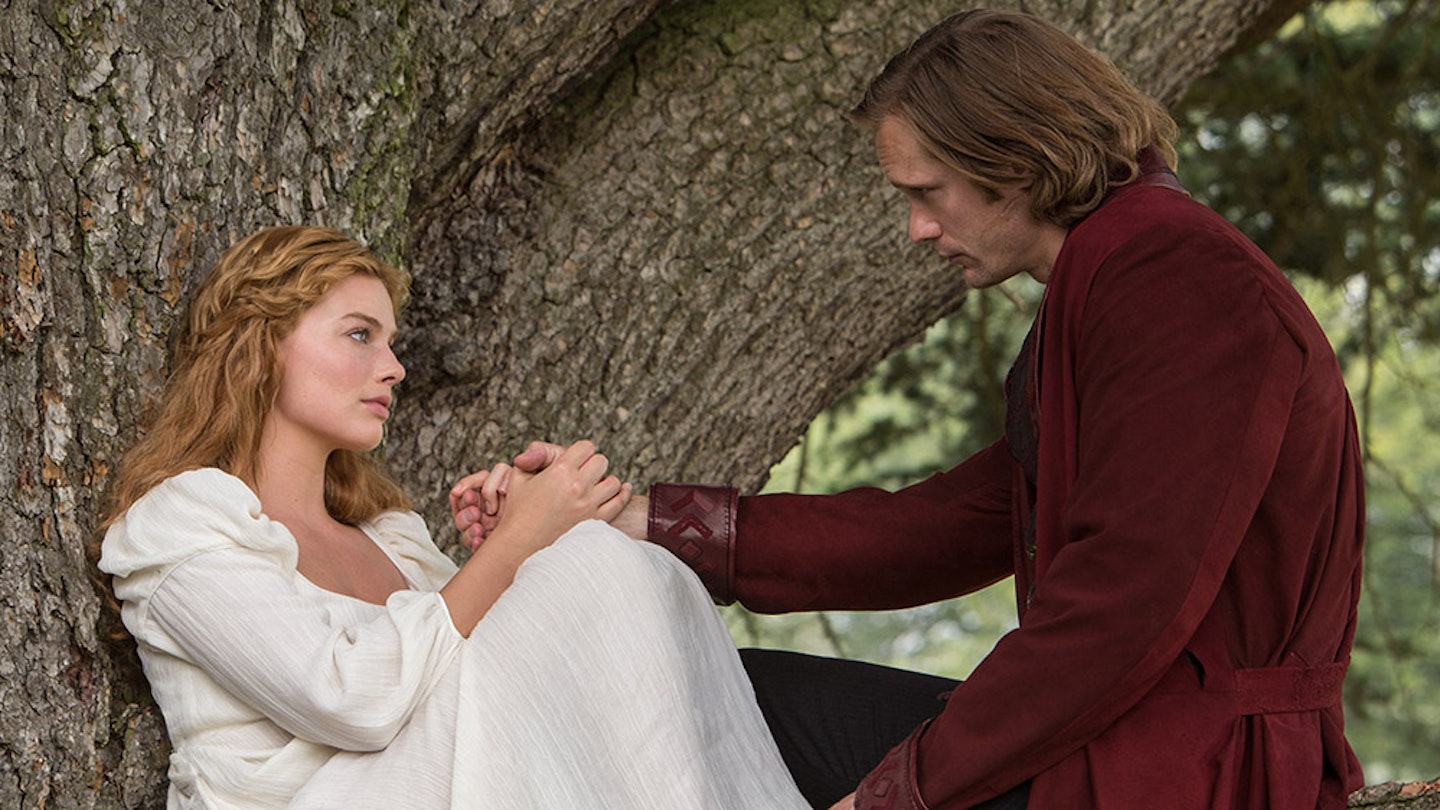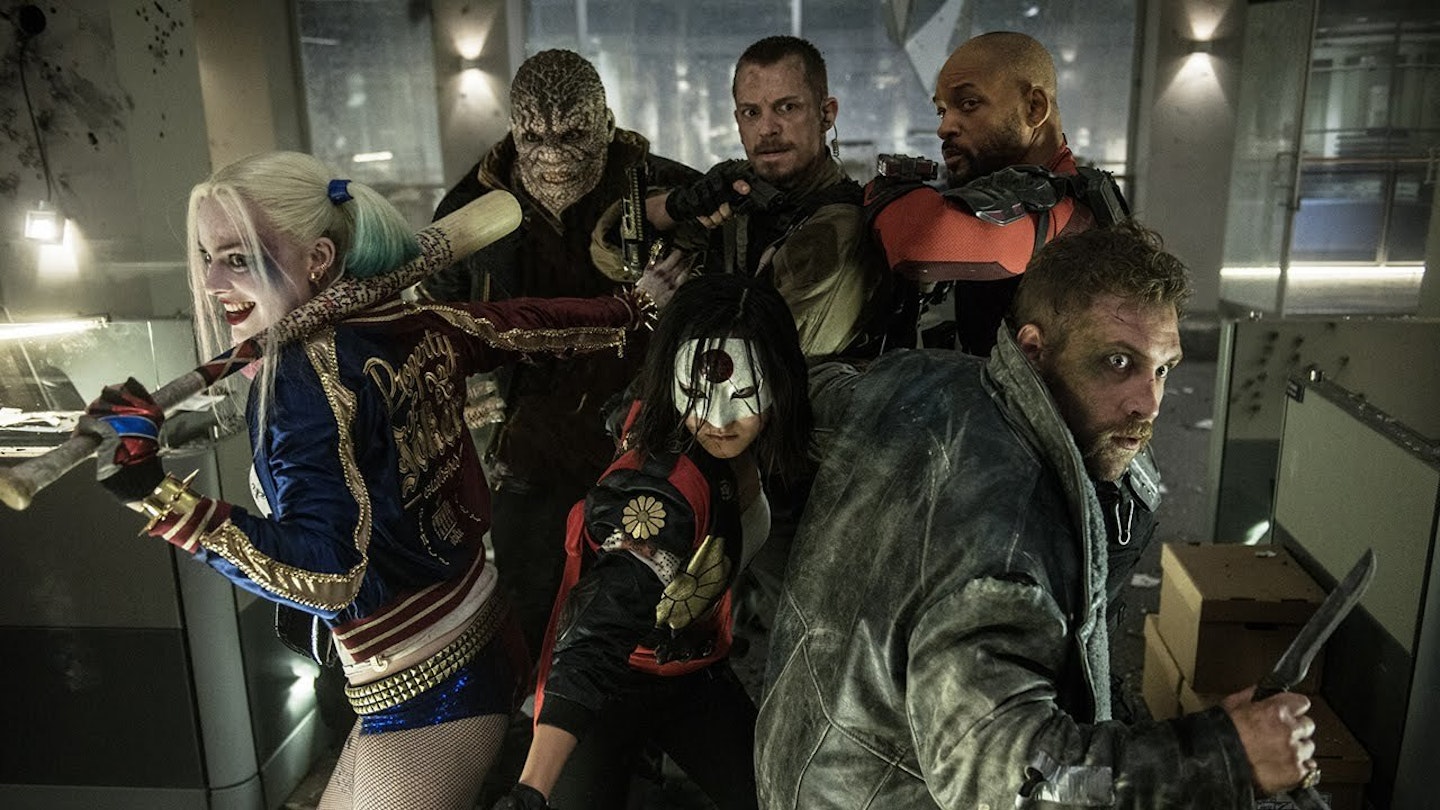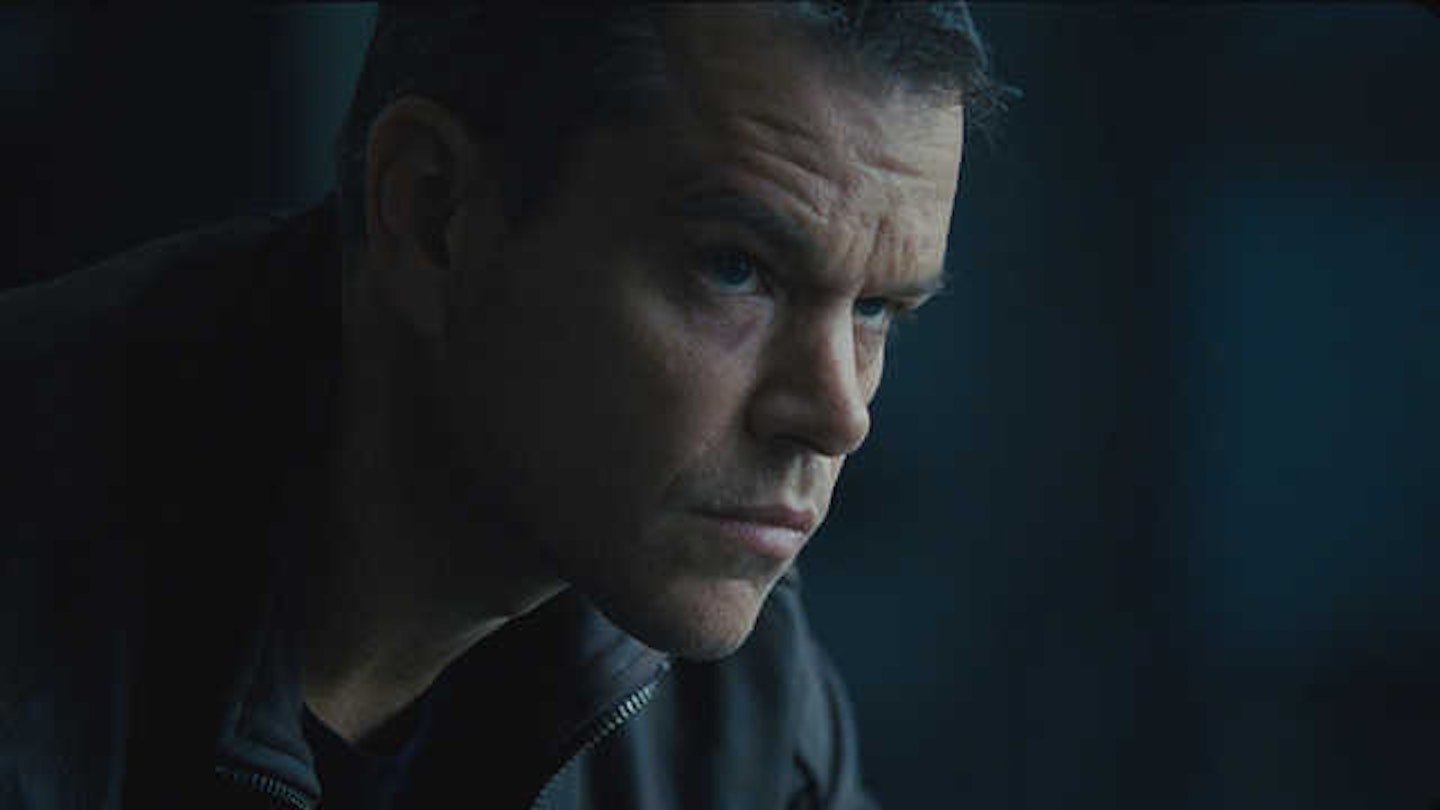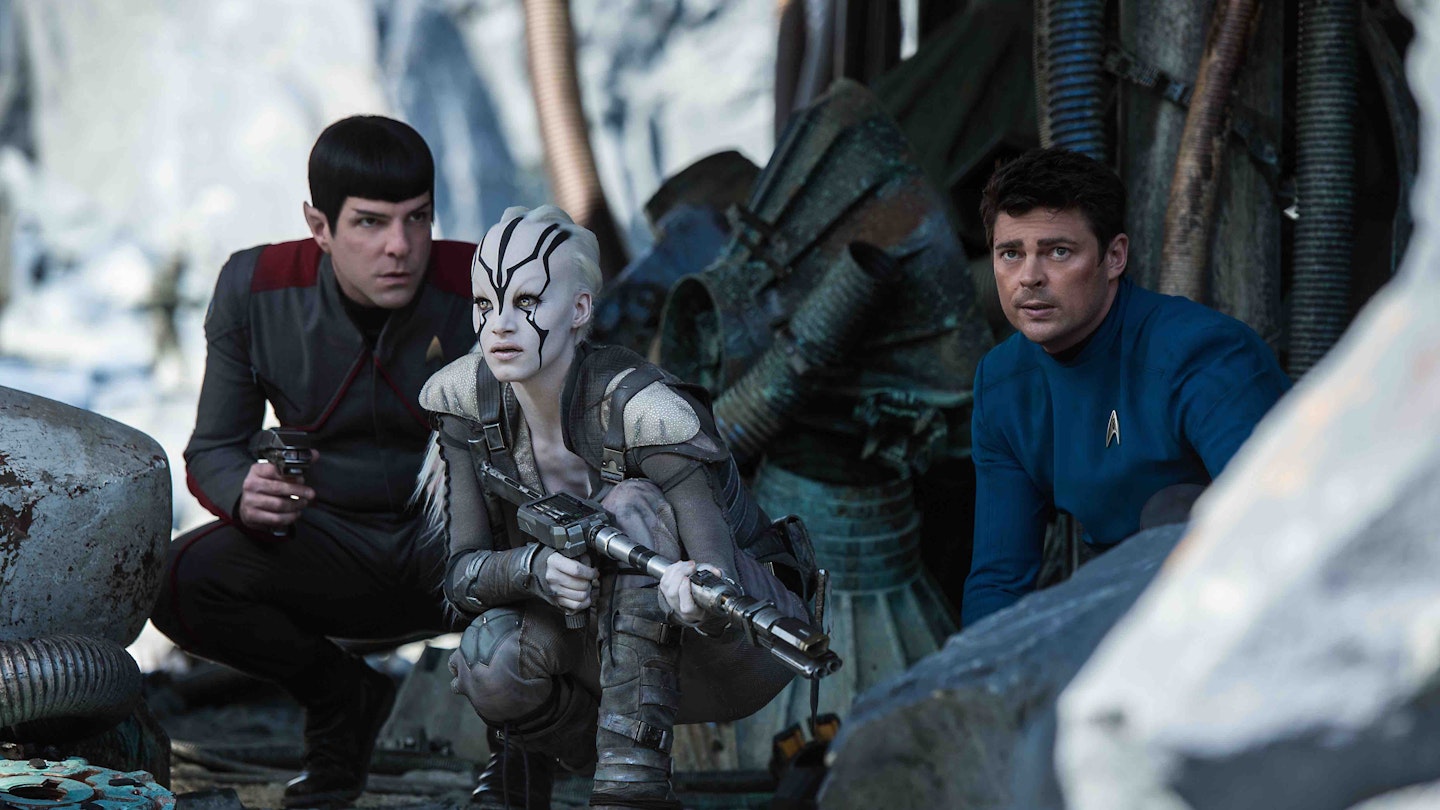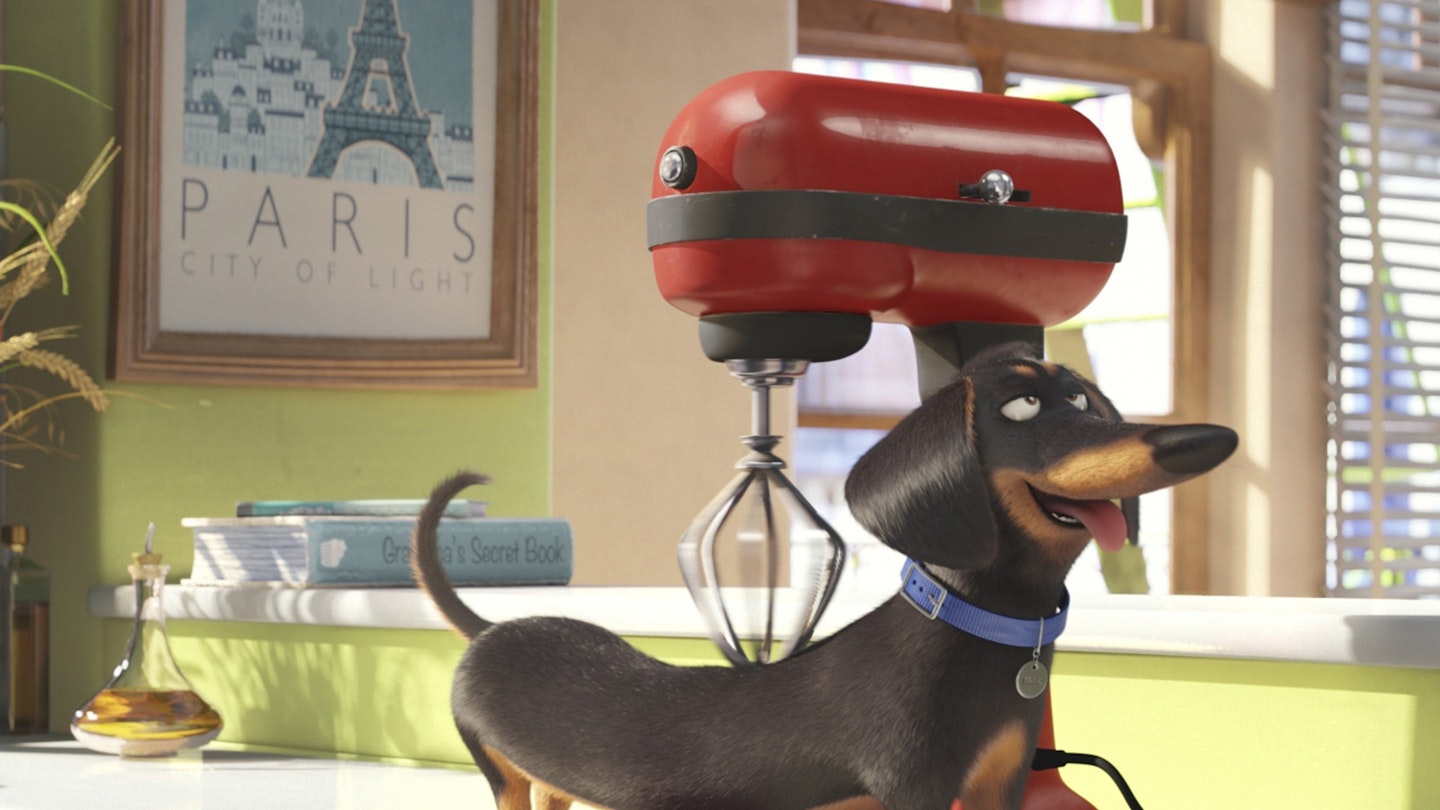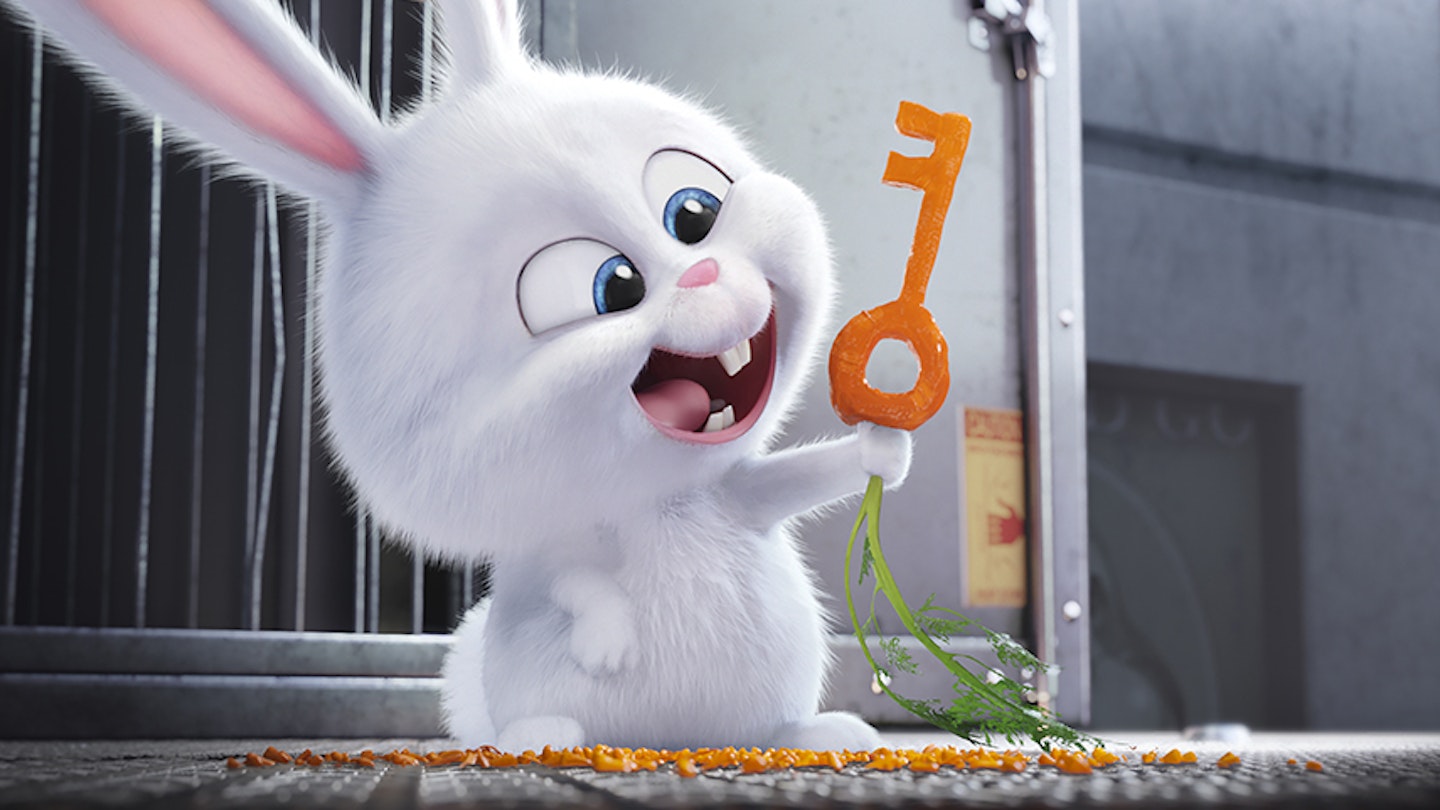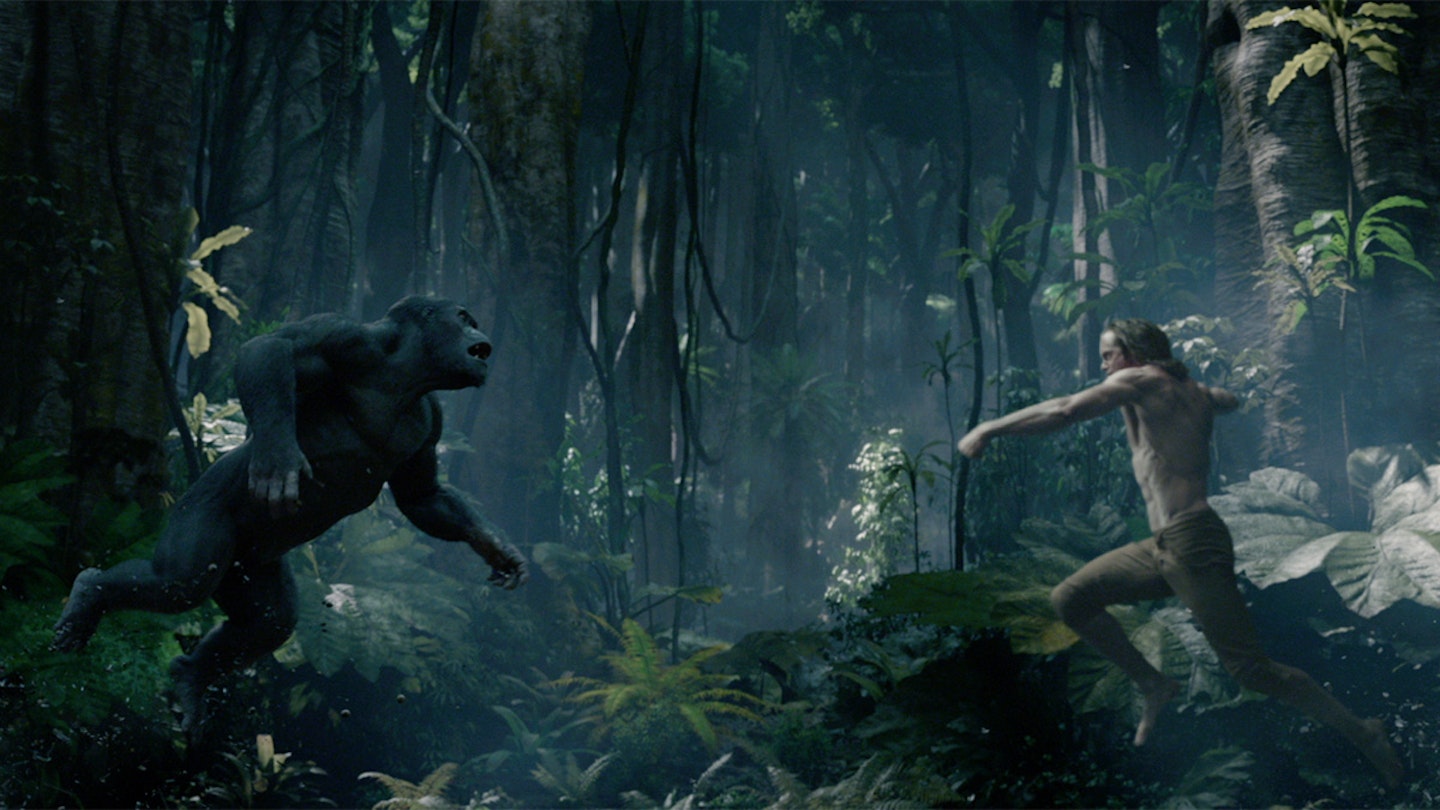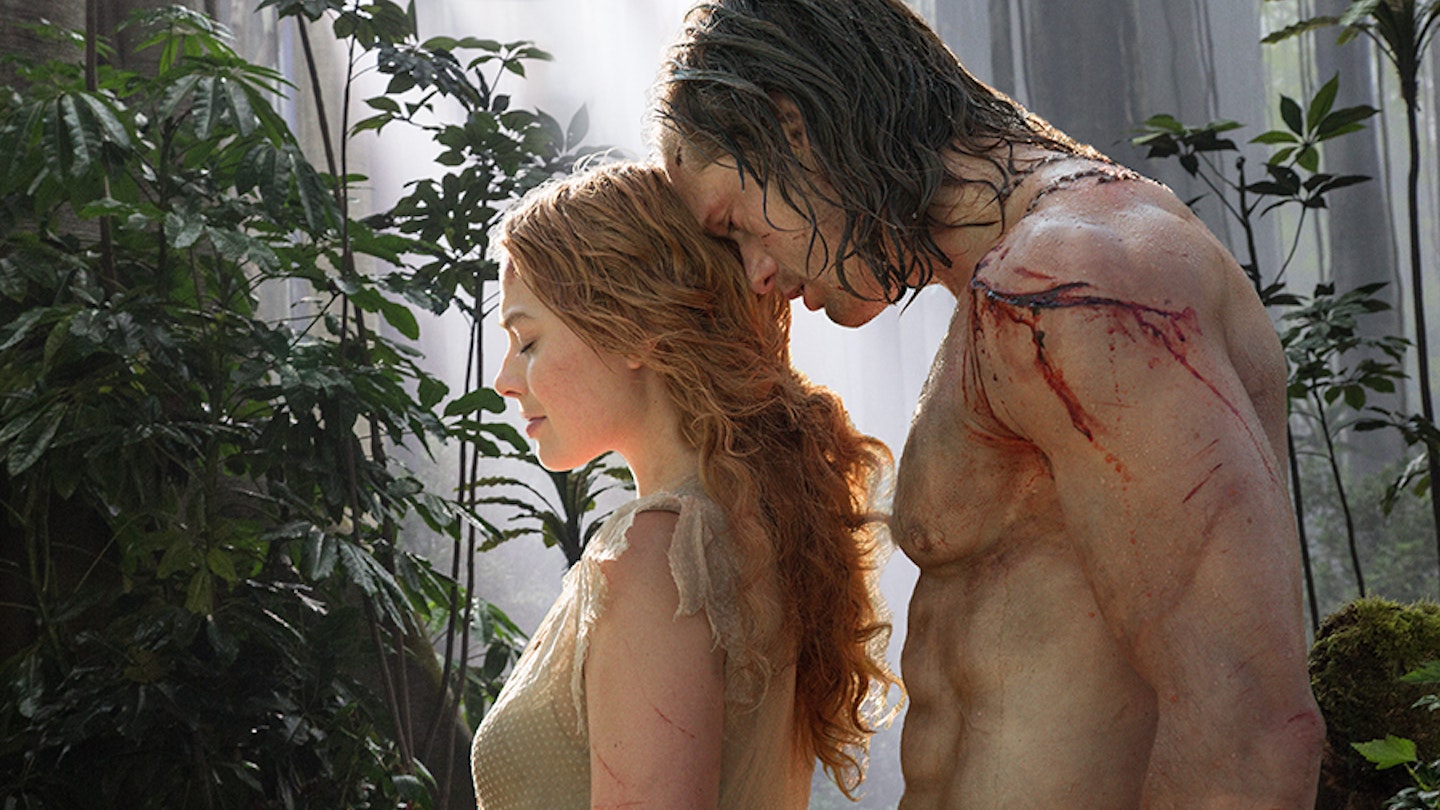Oh, Tarzan. Whatever are we to do with you? Ever since Johnny Weissmuller last beat his chest and yodelled like a mother, Edgar Rice Burroughs’ Lord Of The Apes has been a tough nut to crack on the big screen. 1984’s Greystoke: The Legend Of Tarzan, Lord Of The Apes bagged three Oscar nominations, but hasn’t aged well. The less said about 1998’s Tarzan And The Lost City, the better. And even Disney’s version, Phil Collins songs and all, is one of the least fondly remembered entries in their grand animation renaissance of the 1990s.
What transpires is an adventure story, only without the adventure.
Now along comes director David Yates, stepping outside the world of Harry Potter for the first time (and, with Fantastic Beasts And Where To Find Them due up next, maybe the last for a while) and immediately stepping right into a giant quandary. To wit: if you pump up the pulp elements of Burroughs’ creation, you very quickly find yourself in George Of The Jungle (the best Tarzan movie of the last 40 years) territory. Pull back from that too much, and the result could be a lifeless affair. Walking a tightrope between the two is a tricky task and, sadly, the film ends up toppling firmly into the latter category.
We start in medias res, which allows for a flood of ponderous, seemingly never-ending flashbacks charting Tarzan’s origins as a human raised by apes, with him now back in England and living the high life as Lord John Clayton, alongside his lady love Jane (Margot Robbie). He may talk the two-legged talk (he’s advanced far beyond, “Me Tarzan, you Jane”), but he’s keen to walk the four-legged walk back on the African savannah. So when an opportunity to return to the Congo presents itself, before you can say, “Ahhhhhhaaaaaiiiieee aaaaaahhhhhh,” he, Jane and Samuel L. Jackson’s American hunter, George Washington Williams, are on African soil.
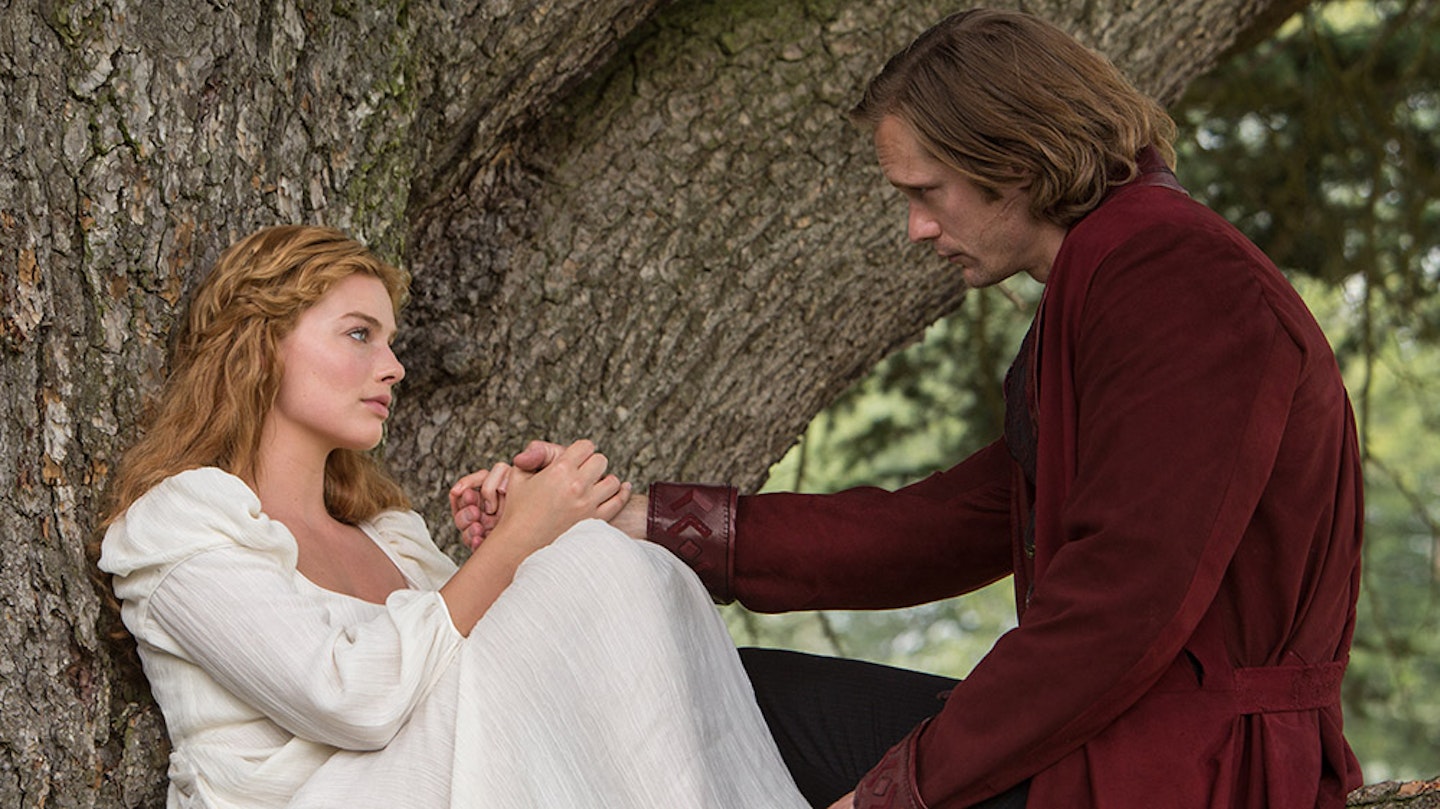
What transpires is an adventure story without the adventure, as Jane — despite vowing she’s not going to be a damsel in distress — is immediately kidnapped by the nefarious Leon Rom (Waltz eerily convincing as a man who’ll do anything for a big pile of cash). So Tarzan and George set off in pursuit. And that’s pretty much it. There’s some gubbins about the King Of Belgium importing a huge army that will enslave half of the Congo, but the movie itself is, by and large, a very slow chase movie, as Tarzan tracks down his wife (who’s being held captive on a steamer, not exactly the stuff of quick getaways) while encountering an array of animals. Sadly, coming out in the same year as The Jungle Book, with its marvellous menagerie of CG creatures, does not do the gorillas and lions and wildebeest on display here any favours, and the sub-par effects also hamper the action scenes. You won’t believe a man can swing on vines.
It’s not all bad. The idea of Tarzan, a white man, lording it over African natives has always been one of the most uncomfortable and, frankly, deeply dodgy aspects of Burroughs’ creation, and Yates is certainly aware of that. Here, he adds depth to Tarzan’s relationship with the local tribe he once spent time with. Rather than seeing him as a lord, he is very much their equal. It’s a small step, but a welcome one. But there are still uncomfortable and misjudged moments, such as the scene where Tarzan puts the smack down on a large group of Congolese warriors. Even if it turns out to be a huge misunderstanding almost immediately afterwards, for a film attempting to be colour-blind, it’s shockingly tone-deaf.
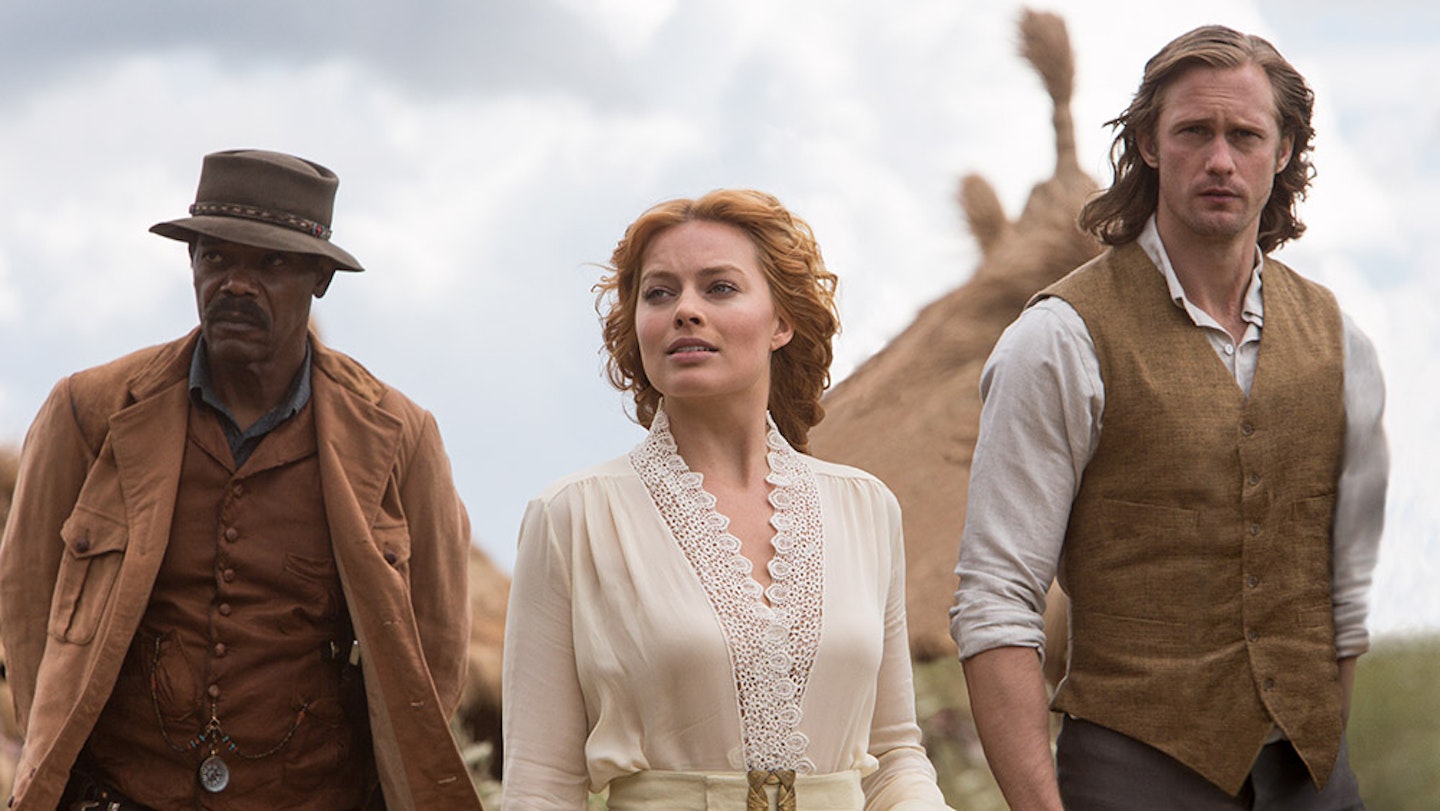
The screenplay, credited to Adam Cozad and Craig Brewer (who developed the project as his own directing vehicle), is also fairly cloth-eared and untroubled by memorable zingers. The excellent cast do their best to prevail – the always-watchable Jackson is good value as Williams, Waltz seems more engaged here than he was in Spectre, even if his erudite villain act is close to becoming schtick, and Robbie is fine in a role that generates a fair amount of heat.
As for Skarsgård, he’s fine in a role that has defeated some of the greatest actors of our time, from Christopher Lambert to Casper Van Dien. And he more than looks the part. There’s no Weissmuller-esque stomach-sucking going on here — this Tarzan is terrifyingly ripped. But he’s also a rather dour human being, with only a few flashes of the actor’s natural charisma peeking through. It’s a shame that a film that should be bursting with colour and character and life should instead put the grey in Greystoke.
